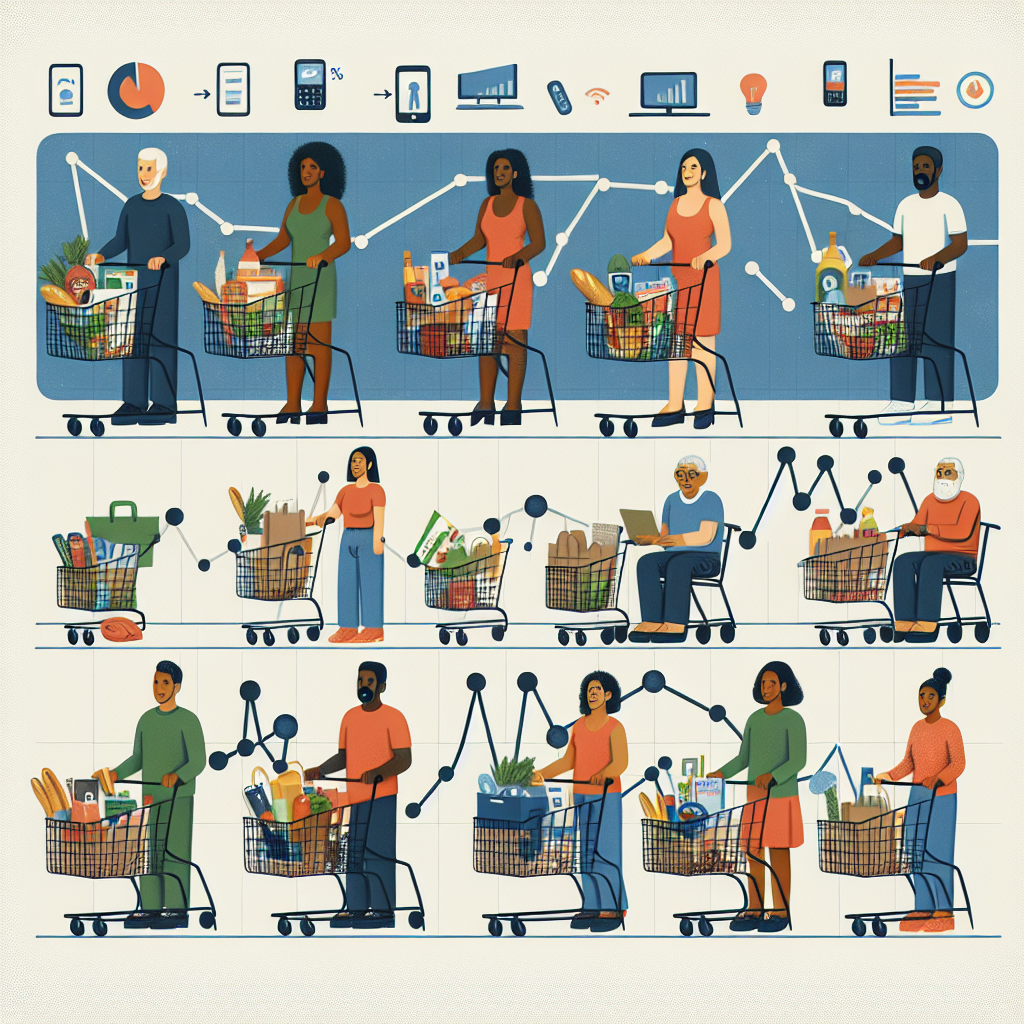Tariffs Trigger Economic Uncertainty as U.S. Consumer Spending Rebounds
U.S. consumer spending rose in February, but inflation concerns persist amid escalating trade tensions. Economists warn that President Trump's tariffs may further drive inflation, affecting economic growth. The Fed maintains its cautious stance as the economy faces potential stagflation and a recession.

U.S. consumer spending experienced a rebound in February, raising alarms about potential inflation amidst a backdrop of rising goods and service prices and heightened trade tensions.
The Commerce Department's recent report indicated a significant rise in underlying price pressures, the largest in 13 months, prompting discussions about the implications of President Trump's protectionist trade policies.
As consumer confidence declines and fears of stagflation grow, the Federal Reserve remains cautious, maintaining its interest rates while monitoring economic developments closely.
(With inputs from agencies.)
Advertisement
ALSO READ
Asian markets tumble following Trump's announcement of massive increases in tariffs, reports AP.
Trump's Trade Tariffs: A Global Economic Game Changer
Global Markets Rattle as Trump Unveils New Tariffs
Global Markets Stirred as Trump’s Tariffs Shake Investor Confidence
China Vows Retaliation Against Trump's Tariff Surge










